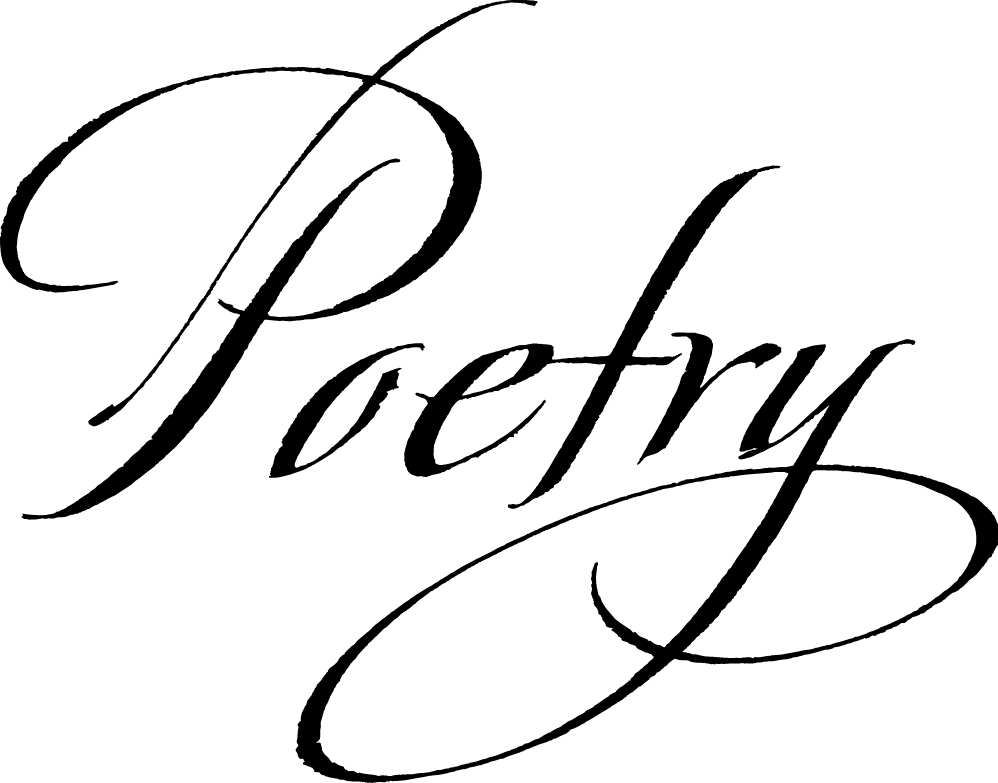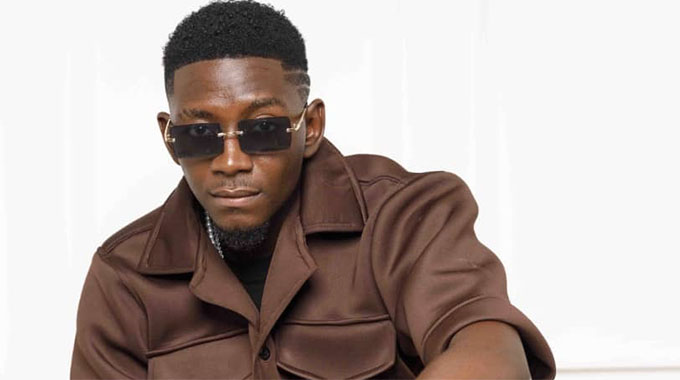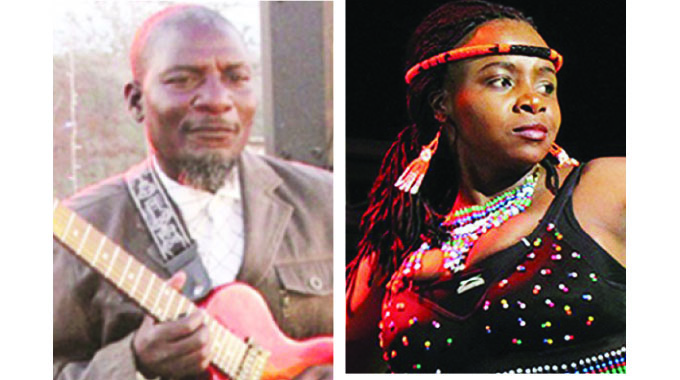Serious culture issues in ‘The Rock Strikes Back’

Beaven Tapureta Bookshelf
There are few but sensitive poems about African-ness in the anthology “The Rock Strikes Back/Wathint Umfazi Wathint’ Imbokodo” (2017, Amagugu Publishers) by Mzana Mthimkhulu. Apart from handling issues such as the plight of the worker, the deceptive “modern church” which swindling the poor African, and other subtle themes, by some power Bookshelf has been specially drawn into three poems which from a gender perspective illuminate the recent cultural debate on what is African and what is not.The anthology is blessed with only nine poems and two short prose writings. The poems are structured in a way that fuses two languages, bringing in a cross-cultural rhythm as each English poem alternates with its translated version in Ndebele. The two short writings added at the end titled “The Sun, My Township and I” and “All Superstitions Are Silly Except . . . ” are interesting author’s personal experiences serving to compare two culturally different environments and notions about superstition. In the clatter of old literature in one corner of Bookshelf there is a workbook called “Culture Matters” by Craig Storti which aptly compares culture to an iceberg.
The metaphor of the iceberg came to mind, incited by only three poems with exceptional focus on important features of culture. An iceberg has two “sections”, one above the waterline (observable/visible behaviour) and the other underneath the waterline (invisible behaviour). Mthimkhulu seems deliberately picked out the most current topics in African gender and/or cultural discourse. In the poems “The Rock Strikes Back” and “A Girl’s Prayer (Umthandazo Wentombazana)”, the poet creates space for the modern African woman and girl to articulate their often ‘misunderstood’ ideas about beauty, styles of dress, and individual dreams.
The argument between husband and wife in the main ‘story-like’ poem “The Rock Strikes Back” is based on the man’s dislike of his wife’s hair extensions, make-up, lightened skin, and style of dressing. She is “aping the American”, he tells her and spitefully shows his dissent. In real life, fashion has been changing in the last few decades. Zimbabwe, among other African countries, has always wished to have a national dress that identifies with its true Zimbabwean-ness and yet the raging winds of a certain global fashion have blown the dream into the background. The blame, as shown by the poet, lies on the woman. And now she speaks out, justifying herself, for instance, why she wears make-up and dress the way she does:
“To look good, spread good and feel good/ Feeling good is African — period.” She refers to the wig most African judges wear as a type of borrowed culture that is simply a show of vanity. She then asks why her head mustn’t be allowed to freely “wiggle into a wig”. The blame for distorting the African image now lies with men who are supposedly weak.
“Blame the weak who whistle and stare/Not me for shining like the morning star.” The husband’s words, in the end, express appreciation for the woman’s ideas. “Yes, you reminded us all what is African/ May I leave and go watch Bosso?” The poem “A Girl’s Prayer” is a fortification of the woman/girl-power theme. In one of the stanzas, of course referring to her style of provocative dress, the girl warns the sugar daddies:
“As for you sugar daddy forget it/ I am dressed for myself/ Dressing up makes me feel good . . ./ When you stare I score/ . . .Touch me and in jail you spend the night.” And yet the poem “My In-house Monster (Izimu Lami Langekhaya)” has a contrasting agonized tone of a woman experiencing violence. The common misinterpretation of lobola is that lobola means the husband now ‘owns’ the woman. And the woman, also because of a culturally instilled fear, suffers violence silently. She stays put with the monster to be with her children who are the only remaining “constant sources of inspiration and joy”.
Through these three dialogic and soliloquised poems laced with humour, metaphor and idiomatic expressions, poet captures a mind-boggling gender debate. Although Bookshelf chose to dwell on how the three poems add to the debate, the other poems in the anthology are equally important for their contemporary social themes and rhythmic language as well. The illustrations by award-winning illustrator Boyd Maliki accompanying the poems are notably enlightening as they capture context and tone of the poems. Mthimkhulu’s says he was “born on Martin Luther King’s 25th birthday” at Mpilo Hospital, Bulawayo. He is also a human resources consultant, playwright, and columnist, with some of his works published in various anthologies.





Comments